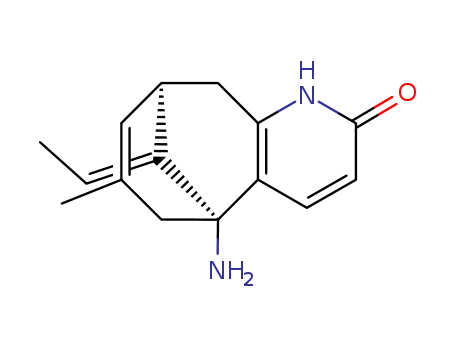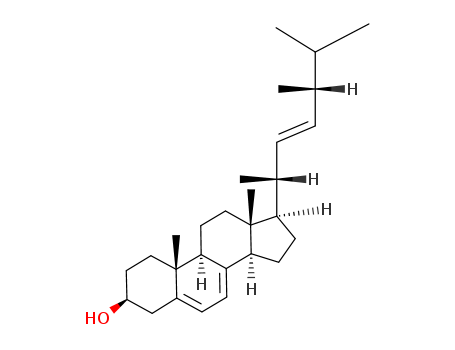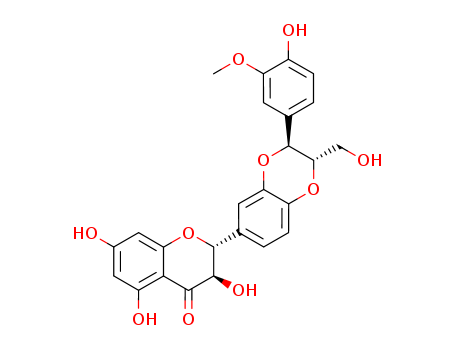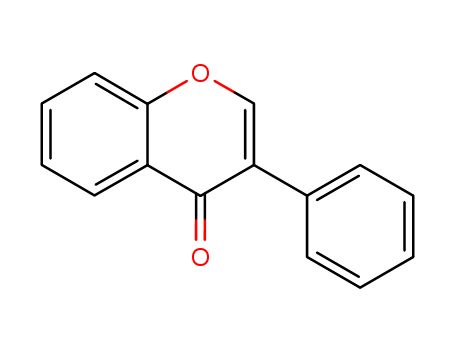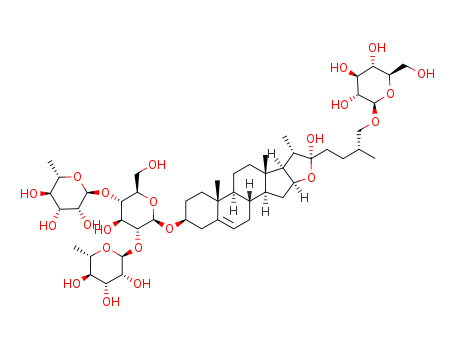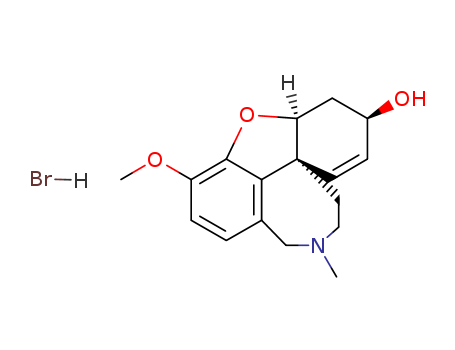- Product Details
Keywords
Quick Details
- ProName: Huperzine A
- CasNo: 102518-79-6
- Molecular Formula: C15H18N2O
- Appearance: Brown powder(1%), Brown yellow powder(...
- Application: Pharmacology Action: Huperzine A may h...
- DeliveryTime: 3- 5 days after down payment received
- PackAge: 25KG/DRUM
- Port: China
- ProductionCapacity: 10 Kilogram/Month
- Purity: 1~98% Huperzine
- Storage: Store in sealed containers at cool & d...
- Transportation: by sea/air
- LimitNum: 10 Gram
Superiority
ProductSpecification:1~98%Huperzine LatinName:LycopodiumserratumThunb CasNo.:102518-79-6 ProductType:Brownpowder(1%),Brownyellowp…
Details
Product Specification:1~98% Huperzine
Latin Name:Lycopodium serratum Thunb
Cas No.:102518-79-6
Product Type: Brown powder(1%), Brown yellow powder(5%), White crystalline powder(98%)
Part of the Plant Used:Whole herb(Dried, 100% Natural)
Extract Method: Grain Alcohol/water
Product introduction:
Huperzine-A is one of the alkaloids contained in a plant known as Chinese club moss. Other types of club moss are common in the United States, but true Chinese club moss is very hard to find on the U.S. market. It can be grown in Hawaii, but not in any other part of this country. Believed to be largely unchanged from prehistoric plants, club mosses are small ground covers that do not produce flowers. Related to the fern family of plants, they spread by sending out spores instead of seeds. They thrive in damp, shaded areas such as tropical woodlands and the edges of swamps. Huperzine A and huperzine B are two of the chemicals that have been separated from Chinese club moss. Huperzine B is also an acetylcholinesterase inhibitor, but because its effects are much weaker than those of huperzine A, most research has focused on huperzine A. Synthetic forms of huperzine A have been made in chemical laboratories and they appear to be as effective as natural huperzine A in studies. Huperzine A has also been combined or "hybridized" with the prescription drug tacrine (Cognex), an acetylcholinesterase inhibitor approved by the U.S. Food and Drug Administration (FDA) for treating Alzheimer’s disease. The resulting "huprine" combination seems to be more effective at limiting acetylcholinesterase activity than either agent alone.




